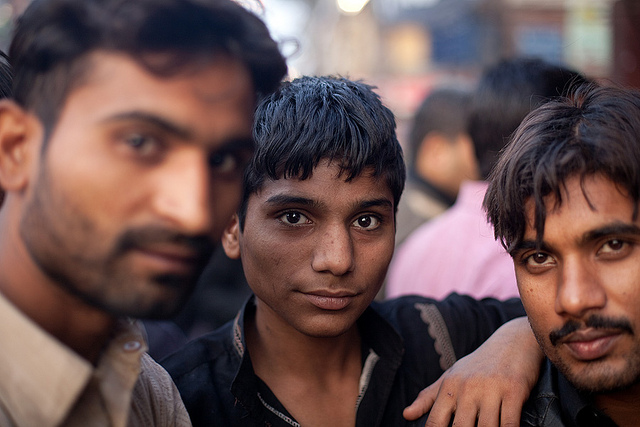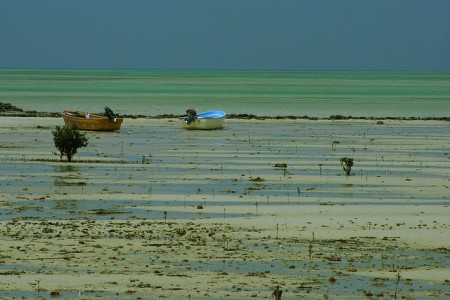
The town of Parachinar, located in a far-flung corner of western Pakistan, is fondly called by some Iranian Shiites “Little Iran.” The majority of the town’s residents are ethnic Pashtuns who belong to the Shia faith. It is also the capital of Kurram Agency, one of the seven tribal districts that make up the politically volatile Federally Administrated Tribal Areas. In recent years, Parachinar has effectively been under siege by Sunni militants. Since 2007, waves of sectarian violence have killed hundreds of Shia from Parachinar. In reaction to this, Parachinar has become a potent symbol of Shia suffering, and the plight of its Shia residents has become a rallying cry for elements of the Iranian regime.


